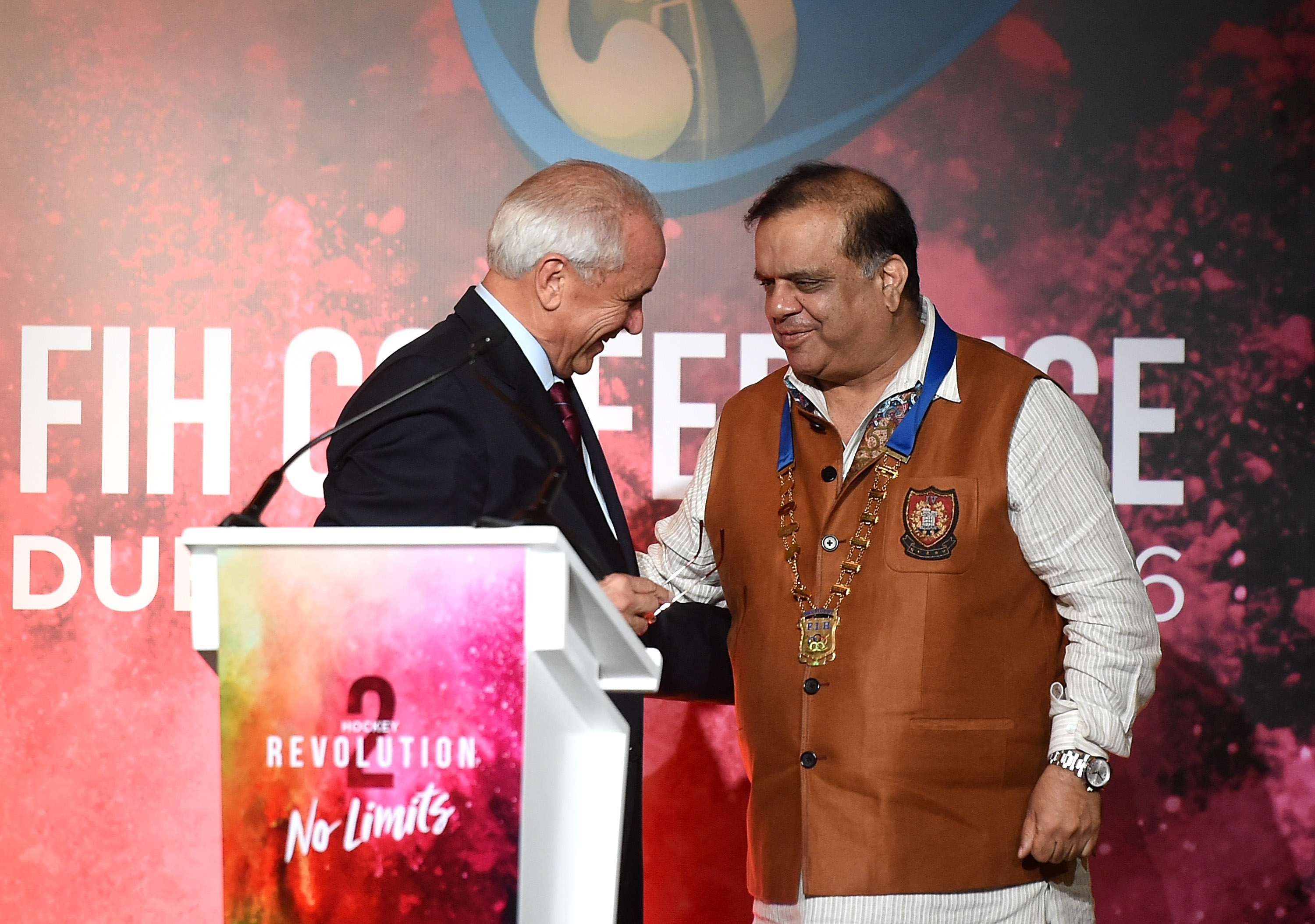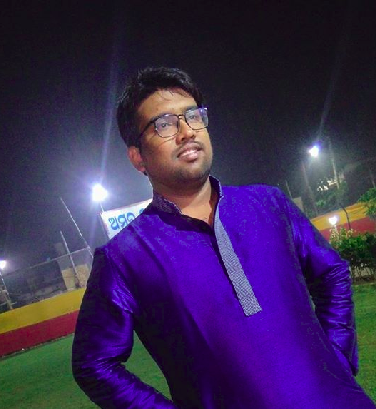IOA’s excess love for power is only bringing Indian sports downward
To be (financially) independent is good. But in India, except for cricket, no sports body can function without grant from the government. So, we will continue to get grant from the sports ministry.- Narendra Batra.

That was February 26, 2018 and in the presence of sports minister Rajyavardhan Singh Rathore, the IOA president had nothing but praise for the radical steps that the Olympic medalist has been taking since assuming the office on September 3,
For all those well-wishers of the Indian sports and who have been a part of the sports industry in any capacity, it is not a fact to be told how the incapability of the national sports bodies have taken the Indian sports to a level unimaginable. While the game of cricket has flourished into a blossoming tree that it is now, other sports bodies have failed to gather a revolutionary measure to
But, instead of welcoming the steps, the IOA president is making one trash statement after another and the latest one came after the sports ministry opposed the appointment of Saina Nehwal and PV Sindhu’s parents as “extra officials” for the Commonwealth Games.
“I don’t know why the sports ministry is not agreeing to clear the parents of Sindhu and Saina to accompany them. The government is not going to bear their expenses. These shuttlers are our big sporting stars now and we should be supporting them. If a Virat Kohli or a Sachin Tendulkar had wanted to do the same as Sindhu and Saina are requesting now, will they (ministry) say no to them also?”
But the fact is neither Sachin nor Virat’s families have been funded by either of the BCCI or the government, nor the BCCI make a different plan for the families of these “superstars” and send their wives and children to the tournaments. It is completely at their own expenses and by Batra’s own admission, cricket can sustain without any help from the sports ministry. But, sticking to the game of badminton, how fair is it to send Saina and Sindhu’s parents - with no disrespect to what the two shuttlers have achieved for the country - and ignoring the other athletes, who cry for support at the big stages?
To put things into perspective, the ground reality remains that the incapability of the Athletics Federation of India (AFI), which is one of the inseparable bodies under IOA, has resulted in the omission of jumpers M Sreeshankar and Siddharth Yadav, who were among the declared contingent for the Commonwealth Games in Gold Coast. The duo performed above expectations at the Federation Cup Senior National Athletics Championships and what was promised earlier, the two athletes had to be in the squad.
But, what was worse is that the problem didn’t happen by a simple mistake on paper rather by a complete mismanagement of the event. During the meet, AFI secretary CK Valson had claimed that the deadline for the AFI had been extended to March 9, but the truth is that the association had made the list publicly available only by the evening of March 10. If the last date was March 9, the date that Valson claims, then why didn’t the federation send the names on the previous day cause the event was already concluded on 8th?
However, that was not the only problem that that has happened ahead of the Commonwealth Games. More than 30 players and coaches have been waiting for their visas and the players, whose chances of winning medals is more (read wrestling and shooting), haven’t gotten their practice spaces in the event area. However, at the time when they need to be worried about the problems, they seem to be more concerned about their “extra officials”.
Football, India's second most popular sport, is governed by an organization which operates like a kid in a school hostel without any supervision. In 2010, the year when the All India Football Federation (AIFF) sold the commercial rights to IMG Reliance on a 700-crore deal, it seemed like a revolutionary step for Indian football. But now, eight years later, when the nation's premier domestic league is no more a valid proposition for the development of the game, and historic clubs are shutting down their doors, it is clear that there is hardly any system in place.
While we often blame cricket for the downfall of the other sports, it is also true that the BCCI has also done some remarkable things for the development of their game - especially in terms of spreading it all around the nation, running a professional domestic circuit, organising matches, and tournaments everywhere. And most importantly, making an effort to make the sport lucrative, which is exactly the need of the hour as far as the development of any other Indian game is concerned.
However, the Indian Olympic Association (IOA), whose main job is to promote various sports in the country, are far away from their main objective and in 2012, they were suspended by the International Olympic Committee (IOC) on charges of corruption and not following the guidelines of the IOC. Although the ban was lifted in 2014 after N. Ramachandran, who is incidentally the brother of former BCCI chief N. Srinivasan and was the president of World Squash Federation and the chief of Squash Racquet Federation of India, was elected as the president of the body. Although he seemed to be a fine administrator at the beginning, he was asked to return his Rashtriya Khel Protsahan Puraskar award by the Delhi High Court that he had won after making false claims of spending Rs. 7.5 crore over a period of 10 years to run the Squash and Triathlon Academy in Tamil Nadu. Imagine if the IOA would be indulged in such shameful things, what can we, the people of India,
Given ours is a vast country, sectors like education, business, health and medicine have always needed more funds and enterprise than sports and the government’s continuous silence on the matter concerning sports was understandable. However, Rathore’s induction as the sports minister in the country came as a breath of fresh air and it should be taken well by the NSFs.
Shamya Dasgupta, one of the most respected journalists I have ever come across, once observed in one of his pieces for Wisden India that private bodies like Olympic Gold Quest, Mittal Champions Trust and other such bodies have done more for Indian sport than our official bodies ever have. And now, when we have an able sports minister at the helm, we can only hope that the necessary intervention and the upcoming Sports Code will help Indian sports go forward. A radical transformation is needed and by not following the process, the IOA is doing no help to anyone.

Comments
Sign up or log in to your account to leave comments and reactions
0 Comments